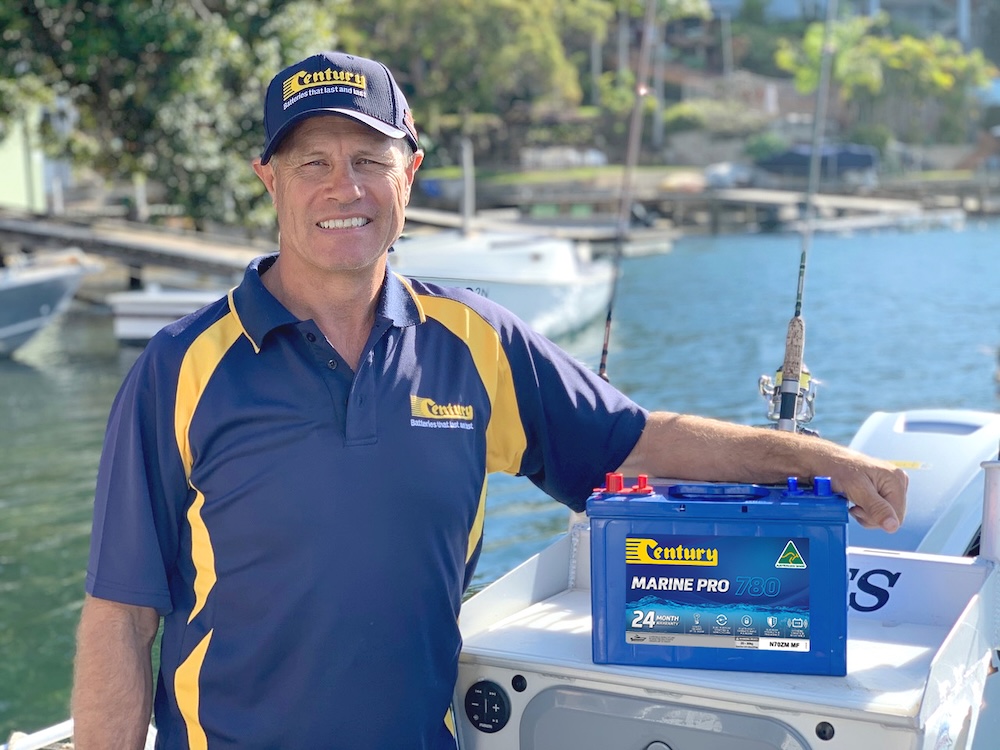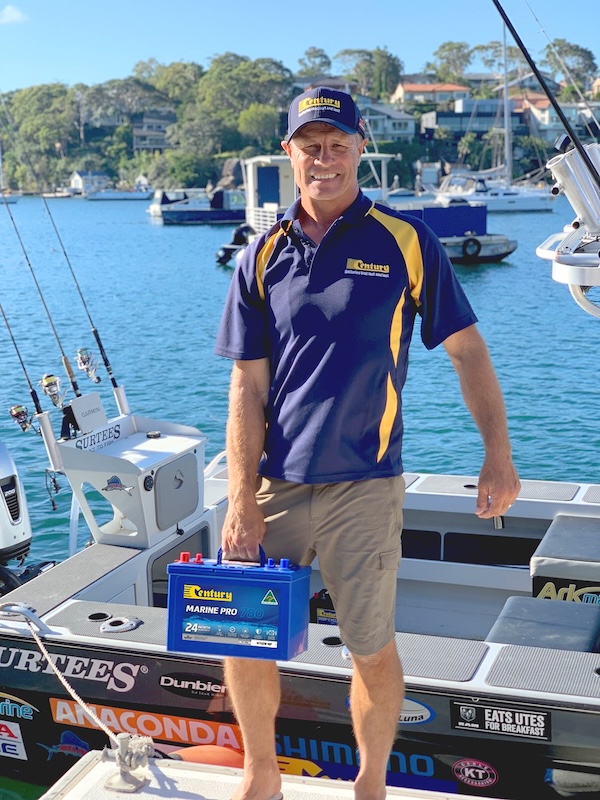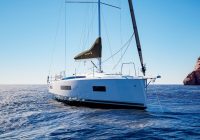As National Safe Boating Week (6–12 October) is underway, Century Batteries is urging Australians to take a more proactive approach to safety on the water, starting with one of the most overlooked components of any vessel: the battery.

With over 925,000 registered boats in Australia, and one in ten Australians now holding a boat licence, boating participation is at an all-time high. But with more vessels on the water comes greater risk. Mechanical issues remain a leading cause of rescues, with engine, battery and fuel problems making up around 60 per cent of callouts last year.
Shaun O’Brien, General Manager – Automotive at Century Batteries, said many of these incidents could be prevented with basic checks and a better understanding of the unique demands marine environments place on boat batteries.
“Battery failure continues to be one of the biggest reasons boaties end up needing rescue,” Mr Linehan said.
“Too many boaters still overlook simple battery checks before heading out. A marine-specific battery that’s properly maintained is essential, not just for performance, but for safety. It’s one of the easiest ways to avoid a breakdown and ensure your day on the water ends as smoothly as it begins.”
With personal watercraft registrations up 30 per cent in five years and more first-time boat owners hitting the water, preparation is more important than ever.

Century Batteries ambassador Andrew ‘ET’ Ettingshausen said responsible boating starts well before launch.
To help boaters feel more confident on the water, Century Batteries have shared their top battery safety tips for the season:
Ensure the battery is properly installed and securely fastened.
A loose battery can shift while underway, increasing the risk of electrical disconnection or damage – especially in choppy conditions or while trailering.Check terminal connectors for corrosion.
Corroded terminals can weaken or break electrical contact. Cleaning terminals at the start of the season ensures strong, reliable current flow.Make sure the battery is fully charged – especially after storage.
Batteries lose charge when idle. If you haven’t used your boat in a while, the battery may not have the power to restart the engine – especially if you’ve been running electronics all day.Avoid mixing old and new batteries in the same bank.
Old batteries drag down new ones to their degraded level, reducing lifespan and increasing the risk of sudden failure.Turn off unused electronics (e.g., fish finders, speakers).
Even low-drain gadgets can silently deplete your battery during the day. Power management is key to making sure you’re not stranded.Always leave enough charge to get home.
The most common reason boats need towing isn’t engine failure – it’s being unable to restart. Keep your main battery dedicated to ignition, and consider a secondary one for accessories.Top up with a smart charger between trips.
Marine batteries naturally discharge over time. Using a smart charger helps maintain full charge and avoids long-term damage from deep discharges – especially during seasonal storage.Use a marine-specific battery – not a car one.
Marine batteries are designed to handle harsh vibrations, wave pounding, and power-hungry electronics. Car batteries just aren’t built for this environment.Whether you’re heading out for a quick fish or a full-day adventure, a few simple checks can be the difference between smooth sailing and a call for help.
For more marine battery advice, safety tips, and the right product for your boat, visit: www.centurybatteries.com.au








